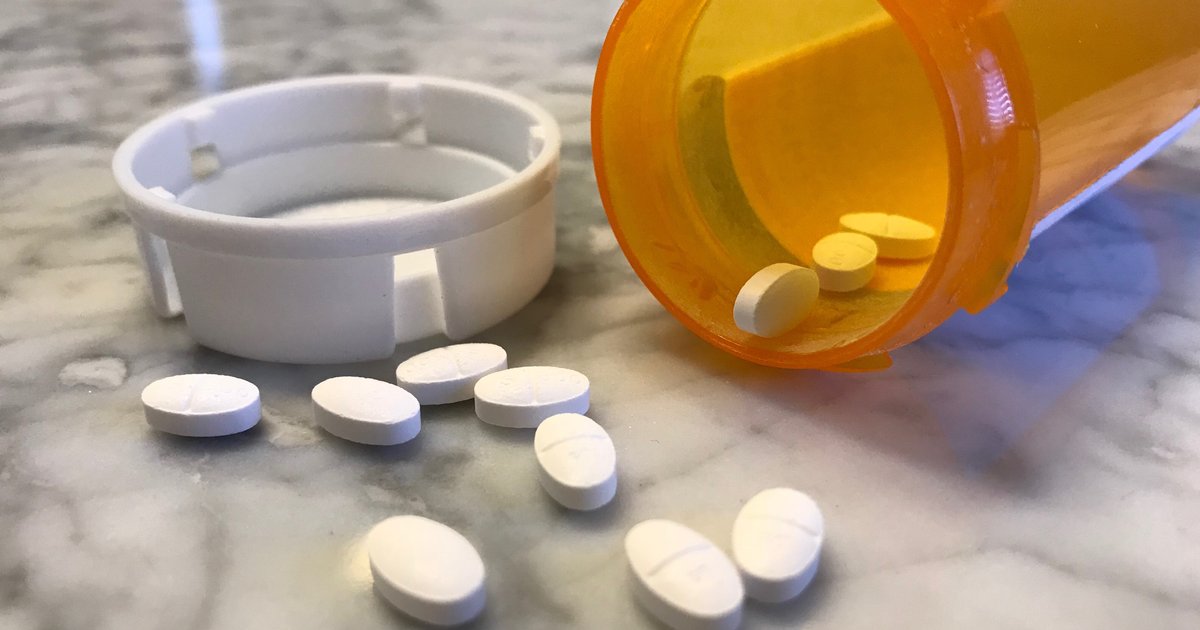How Heart Valve Problems Are Treated
Anticoagulants

Anticoagulants, which are more commonly known as blood thinners, are medications that reduce a patient's risk of blood clots. Some of the major types of anticoagulants include warfarin, heparin, and dabigatran. These are often recommended for patients who have a heart valve replacement using a man-made valve, and patients who have this done will need to take blood thinners for the rest of their lives. Blood thinners are also needed for patients with particular types of valve disease such as mitral valve stenosis and other conditions that increase the risk of blood clots. Side effects from blood thinners include cold hands and feet, easy bruising or bleeding, blood in the urine, dark stools, as well as pain or temperature changes in the hands, fingers, feet, and toes. Blood thinners are taken as oral tablets each day, and intravenous blood thinners can be administered at hospitals when needed.
Understand more ways to treat heart valve problems now.